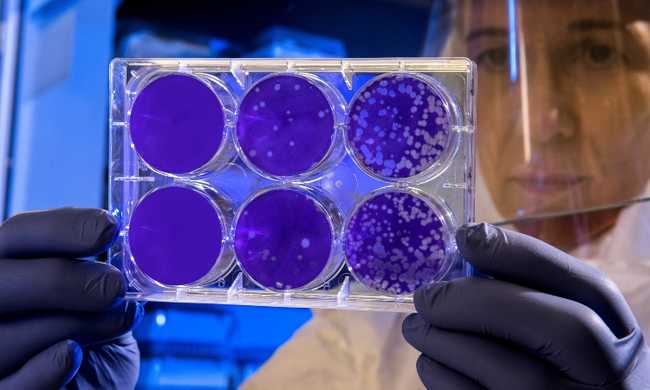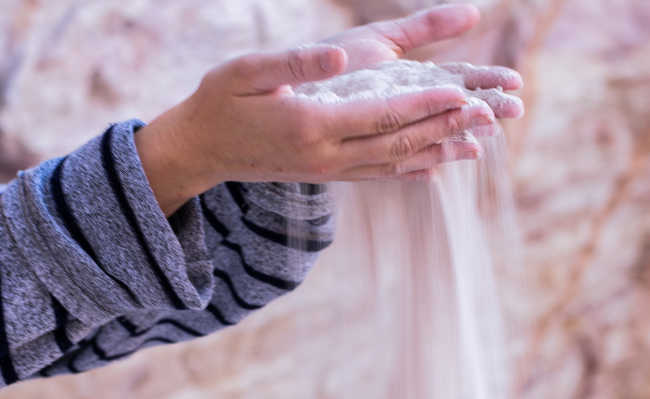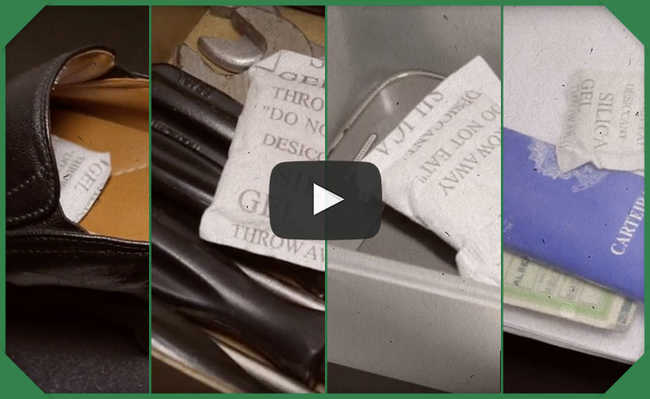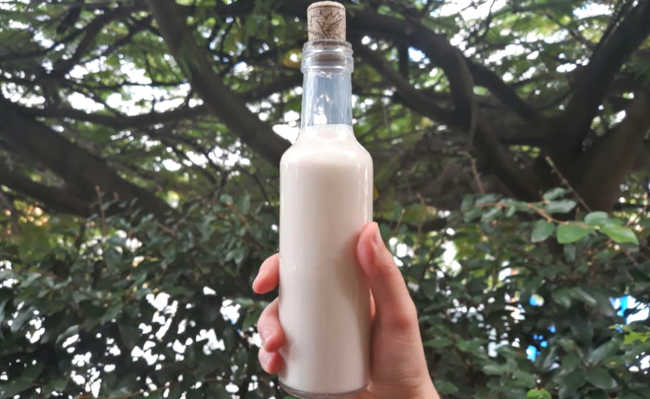Plastic in the seas chokes sharks and harms other marine animals
Other countries like Australia and South Africa also have cases of asphyxia caused by plastic collars thrown by fishing boats
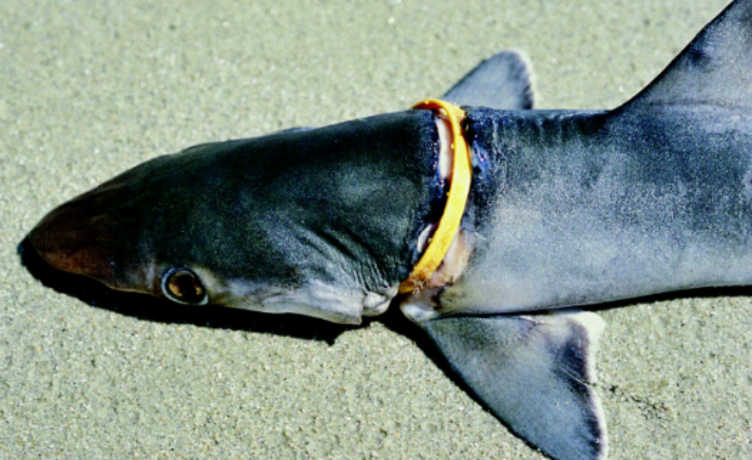
Plastic in the seas is one of the worst polluters today. The presence of this type of residue harms aquatic life, as marine animals can mistake them for food or be suffocated. This type of pollution, despite being visible and causing so many problems, is not treated with the deserved importance.
Plastic straps tossed by fishing vessels are major factors in the deaths of marine animals, particularly sharks, according to biologists. Researchers at the Museum of Natural History at the State University of Campinas (Unicamp) and at the State University of São Paulo (Unesp) found, a few years ago, on the coast of São Paulo, three sharks-chicken with plastic collars around their bodies. These are disposable parts of plastic oil bottle caps. One of the sharks couldn't even feed as its mouth was wrapped in one of these collars. In a puppy, the collar made feeding and breathing difficult, as it was in the gill region.
away from the coast
The big problem is that these species live far away from coastal areas, which are more harmed by human pollution, which indicates the long range of these residues. Researchers from the Department of Oceanography of the Federal University of Rio Grande do Sul Foundation (FURG) analyzed 1,757 blue sharks captured in the south of the country. Of this total, 17 animals had some type of object attached to their bodies, including very resistant plastic polypropylene straps that are used to pack frozen baits. These facts indicate that the fishing industry is responsible for the death of thousands of fish that are not used for fishing or other activities.
In countries like South Africa, thousands of sharks are sacrificed for the safety of bathers and there the plastic straps were also detected. These residues don't just affect sharks. Other marine animals such as seals, sea lions and fur seals have also been found dead in countries such as Australia, Hawaii and the territory of Antarctica, which shows that the problem is more common than it appears. Other debris such as fishing lines and nets can also kill marine animals.
Curiosity brings animals closer to risk
Out of pure curiosity, animals tend to approach these objects that are strange in their natural habitat and become easy prey to straps, fishing lines, nets and ropes abandoned in the ocean by fishing boats. Once trapped, the animals hardly manage to escape, especially as they increase in size over time and the collar becomes even tighter.
Seals and fur seals have the habit of inserting their heads around circular objects and they grow with plastic collars around them and over time cause serious problems, such as suffocation or constricted arteries. Some of them cannot get rid of their collars in life, which remain in the environment, presenting themselves as a risk to other animals even after the decomposition of the one in which they were attached.
Studies show that this problem can affect the existence of some species of seals and the death of these animals is rarely immediate, usually it is slow and agonizing, causing great suffering, such as difficulty in escaping predators or starvation.
Legislation
These deaths show that international marine pollution prevention laws are not being properly enforced. Brazil and a hundred other countries are participating in the International Convention for the Prevention of Pollution Caused by Ships, better known as Marpol.
Annex V to the Convention makes it clear that waste from marine voyages must be brought ashore to be properly disposed of. The dumping of plastic into the seas is prohibited, as this type of waste causes several impacts to marine life, in addition to taking years to decompose in nature. The problem is not the lack of laws, but the neglect and lack of commitment to them, in addition to the lack of supervision and punishment for those who violate them.
A simple attitude, like thinking twice before throwing objects made of plastic into the sea, is already a big step, but several measures need to be taken to effectively solve the problem.
Image: Global Garbage

